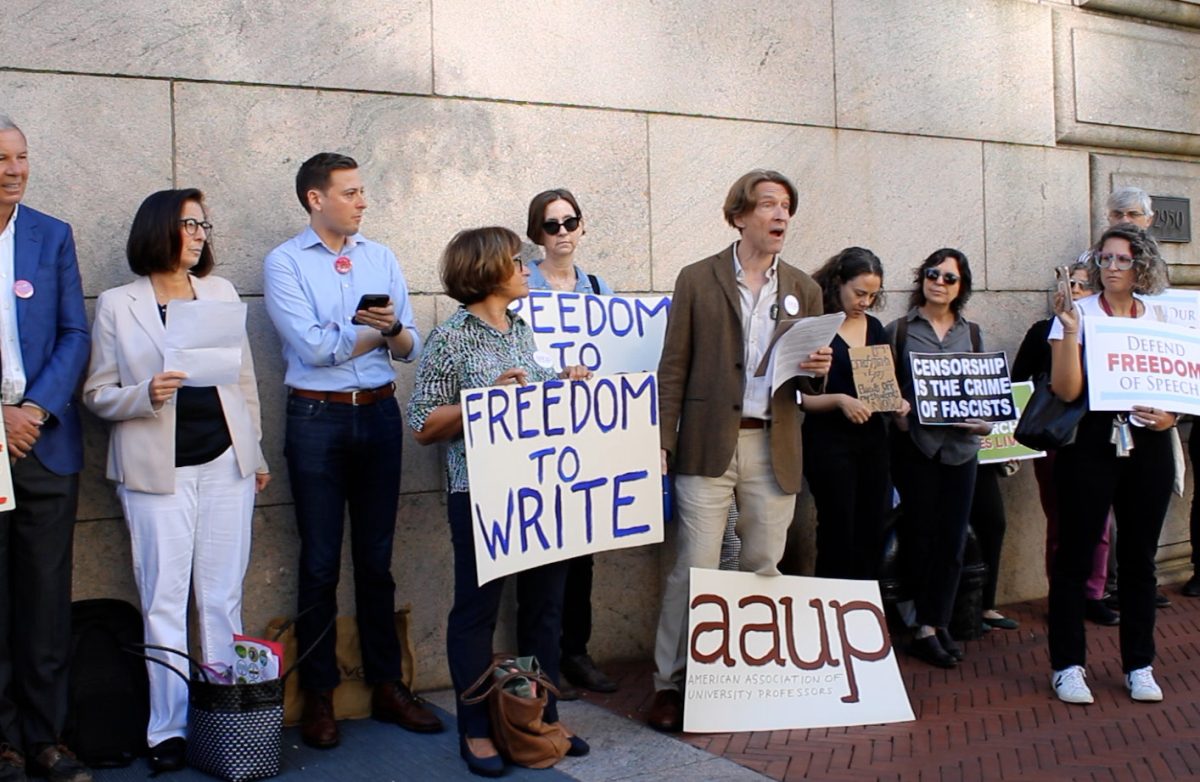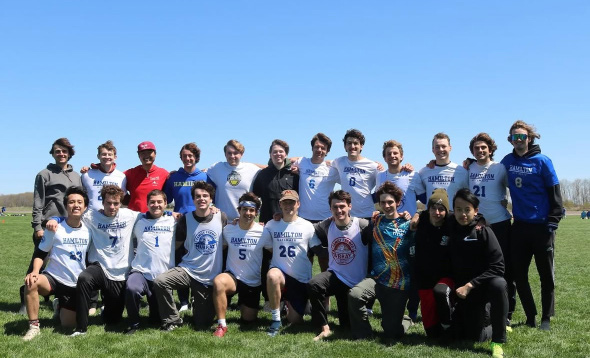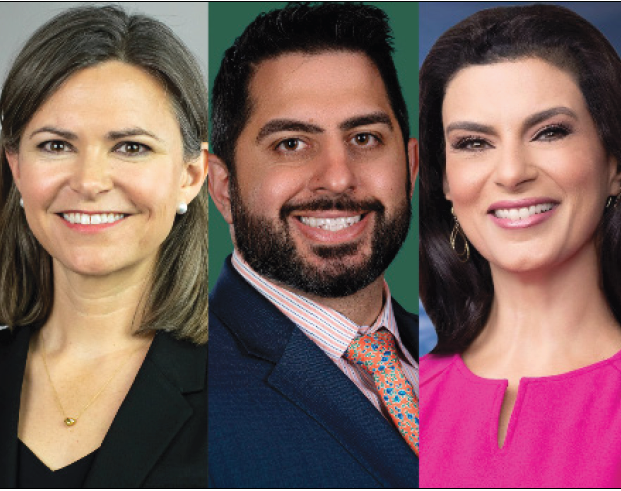
TW: This article discusses sexual assault on college campuses.
The recent demonstration on Friday, Apr. 19 was not only an important show of solidarity with the victims of sexual assault on this campus but also a step on the right path towards making sure the administration handles sexual assault cases more seriously.
Something that caught my attention at the rally was when one student said that if you knew someone that had sexually assaulted someone and didn’t do anything, then you’re a bad person. While I agree with this statement, I think it deserves more discussion.
According to a report by the US Department of Justice, 90 percent of college sexual assault victims do not report their assault. This fact, at first, might seem puzzling. Some might say that victims are scared to come forward to authorities because they might not be believed. While that is true, there is an even more fundamental cause: victims are afraid that their friends will not support them.
In eight out of ten cases of rape, the victim knows their assailant. Sometimes, they can even share the same group of friends, same acquaintances, and sit across from each other in class. In a small community like Hamilton, you cannot escape the constant reminders of your assault.
I know victims here and at home who have been scared to tell their friends about their assault because their assaulter often is in the same friend group or is connected to their friends in other ways. Many are scared that their friends will abandon them and take the side of their assaulter.
The devastating part about this is that there is a very high chance that the rapist will commit the same crime again. According to False Allegations of Sexual Assault: An Analysis of Ten Years of Reported Cases by David Lisak and Lori Gardinier, 63.3 percent of men that self-reported acts of rape admitted to perpetrating repeat rapes.
The statistics become even more frightening when considering other forms of sexual assault. According to the American Association of University Women (AAUW), about two-thirds of college students will experience sexual harassment.
This is our culture. We can scream and yell at the administration all we want (sometimes rightfully so,) but we also need to tackle the larger societal norms that have been entrenched in our society.
Change starts by holding our friends and family members accountable. It will be hard. Everyone says that they would have no problem reprimanding their family members, but what happens when it’s your sibling, child, or parent that’s committing the crime?
Let’s look at the burdens that survivors have to carry with them throughout their lives. About 35 percent of men and 81 percent of women who are assaulted experience post-traumatic stress disorder (PTSD) either in the short- or long-term. It’s also estimated that the lifetime cost of rape for a victim is $122,461.
Any person who sexually assaults someone is a bad person. Any person that chooses to put someone through that trauma is a bad person. Any person who abandons a friend after they were assaulted is a terrible person; they are as complicit in the crime as the assailant themself.
No one in our society should be afraid that they will be rejected by their friends and family for seeking their own justice and closure — that they are is symptomatic of our culture.
Change starts with us. While we should demand that the administration do more to address sexual assault on campus and hire more people like Cori Smith ’17, we also need to support our friends and family even before they are assaulted.
If we create a culture at Hamilton and across the nation where people can share their truths without fear of being alone, then we will be one much larger step closer to solving this crisis.

















